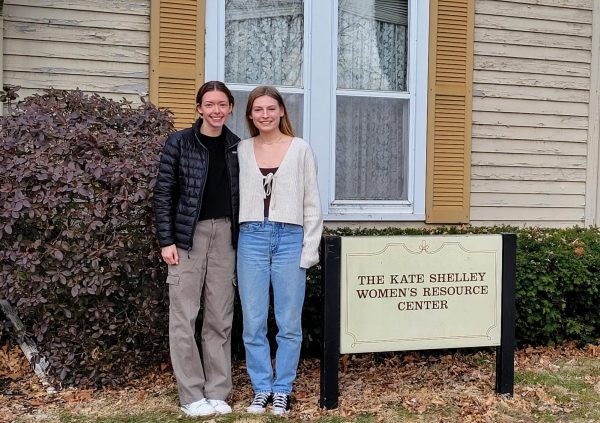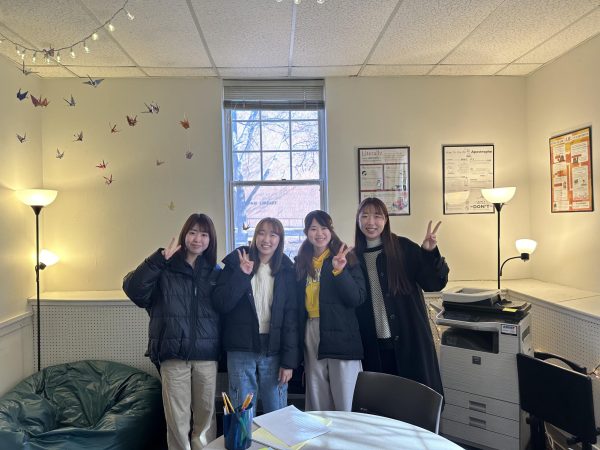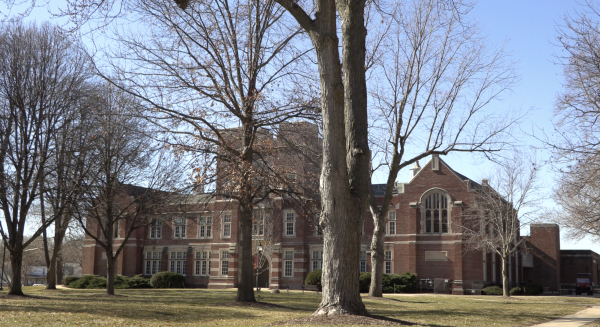Faculty start chapter of the AAUP in response to cuts
February 20, 2019
Simpson College’s faculty has started a chapter of the American Association of University Professors, or AAUP, to allow faculty to have their voices heard on campus.
According to the AAUP’s website, “The AAUP is a nonprofit membership association of faculty and other academic professionals.” It goes on to say, “Since our foundation in 1915, the AAUP has helped to shape American higher education by developing the standards and procedures that maintain quality in education and academic freedom in this country’s colleges and universities.”
One of the reasons the faculty started a chapter on Simpson was in response to the recent faculty cuts.
J.J. Butts, an English professor and one of the founders of the chapter said, “It’s always easier to see the need for organization when you’re faced with a crisis that affects your work and life directly. However, it goes beyond that. Faculty are deeply concerned about the impact of program and personnel cuts on students and the college’s educational mission.”
The chapter hopes to set up basic guidelines for Simpson to follow. The club has been mainly talking about the prioritization and cuts in their meetings.
“We needed an organization dedicated to upholding academic freedom, shared governance, and tenure,” said Butts.
Since Simpson has been firing tenured faculty, tenure is no longer considered to be a guaranteed the professor will be safe from being cut.
“Unsurprisingly, much of our discussion in meetings has focused on the current situation,” said Butts. “The chapter has provided an important venue for sharing information about prioritization and the cuts to faculty and programs.”
The chapter has three goals it would like to accomplish at Simpson.
“The chapter would like to see the faculty handbook revised to clarify and restore professional standards in accordance with AAUP guidelines,” said Butts. “We also hope to support discussions about increasing faculty representation and input at decision-making levels of the college.”
This would allow faculty to have more representation at Simpson.
“Finally, we’re planning to engage in educational activities so that all members of the Simpson community will understand why academic freedom and shared governance are crucial to our college’s educational mission, and why tenure is so important in guaranteeing those principles,” said Butts.
Many of the faculty have expressed support for starting an AAUP chapter at Simpson.
“We have close to twenty members, as well as a few non-members who have been actively attending meetings. In total, I would say about one-third of the full-time faculty have contacted me expressing support,” Butts said.

















